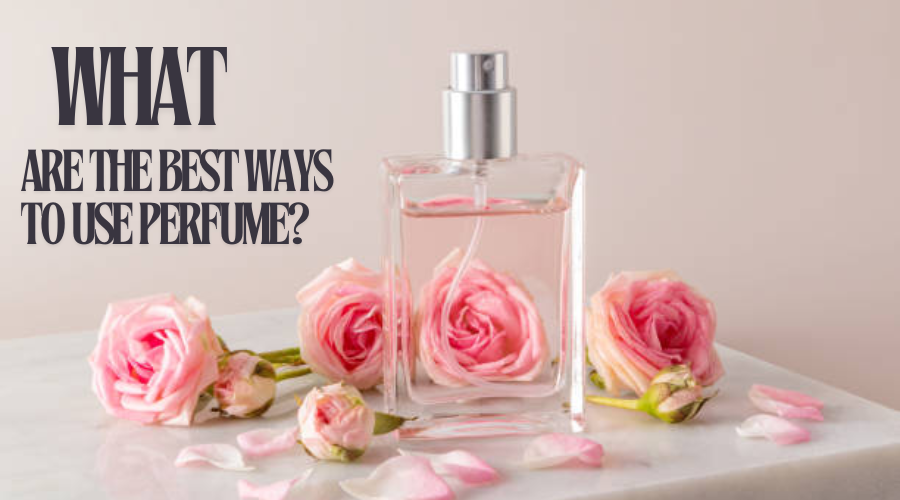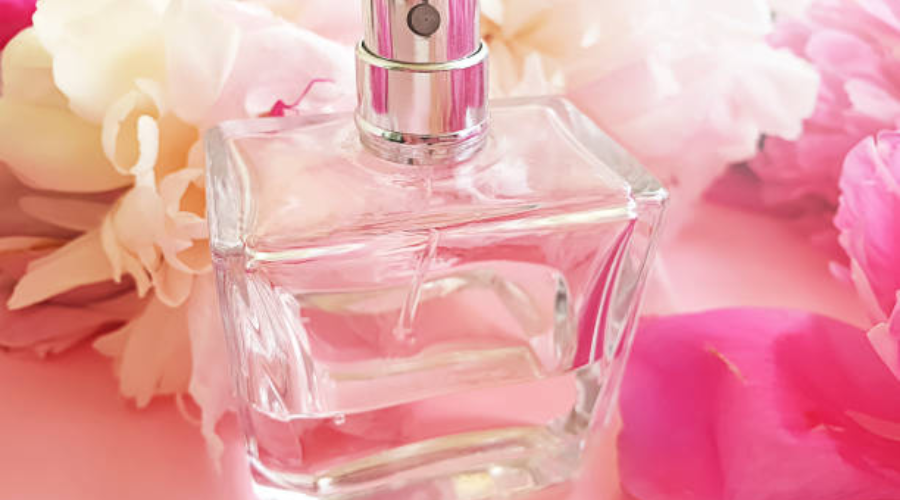


Perfume is more than just a fragrance; it's a personal statement, an invisible accessory that helps you walk with poise by elevating your style and leaving a lasting impression. Let's unravel the secrets to wearing perfume like a pro.
Understanding your body's pulse points is the key to making your perfume last longer. These are areas where blood vessels are close to the skin, generating warmth that helps diffuse the fragrance.
Often the go-to spot, but remember, the friction of rubbing your wrists can alter the scent. For a more potent application, press your wrists together after spraying.
The delicate skin on your neck is a prime location for applying perfume. A subtle spritz here can create an alluring aura.
These often overlooked areas can be fragrance hotspots. Your body's warmth helps to release the scent gradually.
This discreet spot envelops the fragrance in a subtle scent cloud.
Apply perfume to your chest for a more substantial, longer-lasting scent. Be mindful of clothing, as perfume can stain fabrics.
Often forgotten, the inner part of your knees is a warm area that can hold fragrance well.
To create a truly unforgettable scent experience:
Consider layering different fragrance products.
For a subtle base, begin with a scented body lotion or shower gel of the same fragrance family or brand.
Apply your perfume to the pulse points for a more concentrated scent.
Less is more: A few spritzes are often enough. Overpowering people with fragrance is a social faux pas.
Timing is everything: Apply perfume after showering when your skin is damp. It will result in better absorption.
Protect your clothes: Perfume can stain fabrics, so apply it to your skin, not directly on clothes.
Experiment and discover: Don't be afraid to try different application techniques and find what works best.
Consider the occasion: Choose a fragrance that suits the event. A bold, oriental scent might be perfect for a night out, while a fresh, floral fragrance is ideal for daytime wear.
Perfumes belong to different fragrance families, each with its unique character:
Floral: Feminine and romantic, with notes of rose, jasmine, or lily-of-the-valley.

Oriental: Warm, spicy, and mysterious, often with notes of vanilla, amber, and sandalwood.
Woody: Earthy and masculine, with scents like cedar, pine, and sandalwood.
Fresh: Clean, invigorating, and often citrusy, perfect for daytime wear.
Fruity: Sweet and playful, with notes of berries, citrus, or tropical fruits.
Chypre: A classic family blending floral, woody, and mossy notes for a sophisticated scent.
Leather: Rich and luxurious, often with smoky or animalic undertones.
Aquatic: Fresh and clean, evoking the feeling of being by the ocean.
Experiment with different fragrance families to find the one that resonates with your personality.
Your choice of perfume can reflect your personality and mood. A bold, confident individual might gravitate towards a robust and oriental fragrance, while a free-spirited soul might prefer a fresh, floral scent.
Perfume is a complex blend of essential oils, aromatic compounds, and alcohol. When applied to the skin, your body's heat causes the fragrance to evaporate, releasing scent molecules into the air. These tiny molecules interact with the olfactory receptors in your nose, creating the perception of smell.
Do: Choose a fragrance that complements your body chemistry.
Don't: Overapply perfume. Less is often more.
Do: Consider the occasion when choosing a fragrance.
Don't Rub your wrists after applying perfume. It can disrupt the fragrance's molecular structure.
Do: Reapply perfume throughout the day if needed, but with moderation.
To prolong the life of your perfume, invest in high-quality bottles that protect the fragrance from light and air. Dark glass bottles are a smart choice for preserving the scent's integrity. It is also advisable to store your perfume in a cool, dark place away from direct sunlight.
Following these tips and understanding the art of perfume can elevate your fragrance experience and leave a lasting impression.